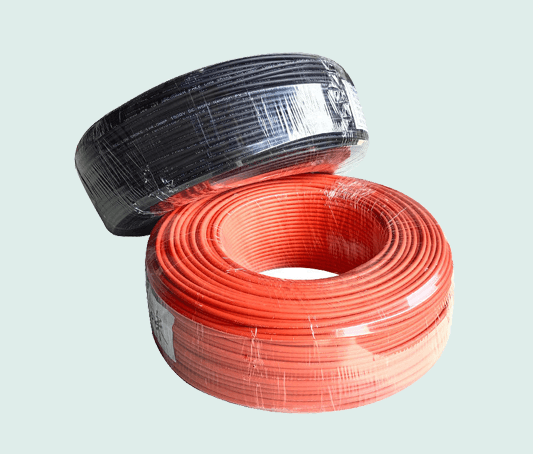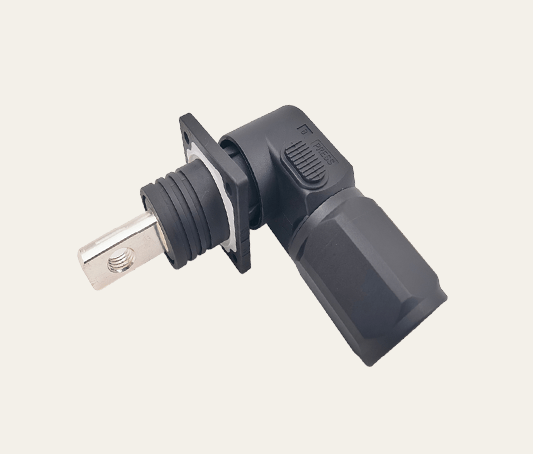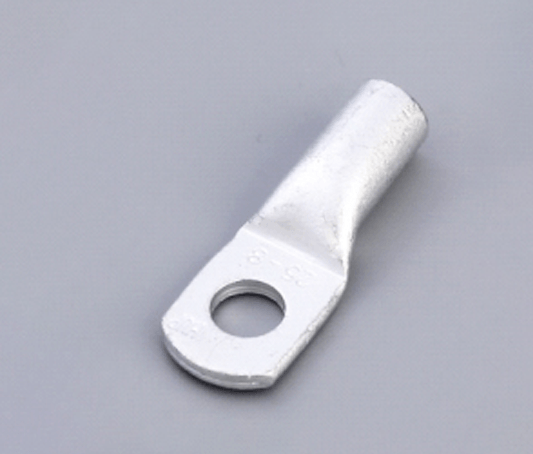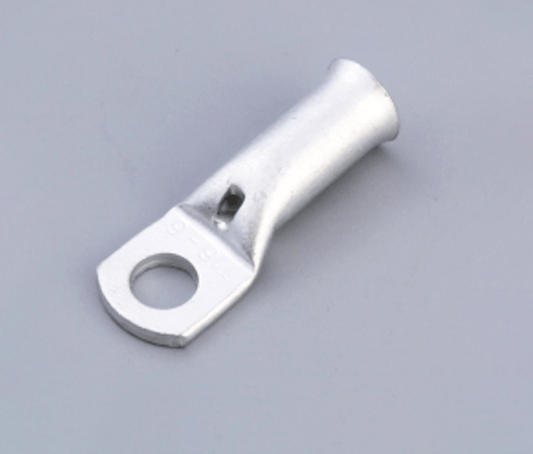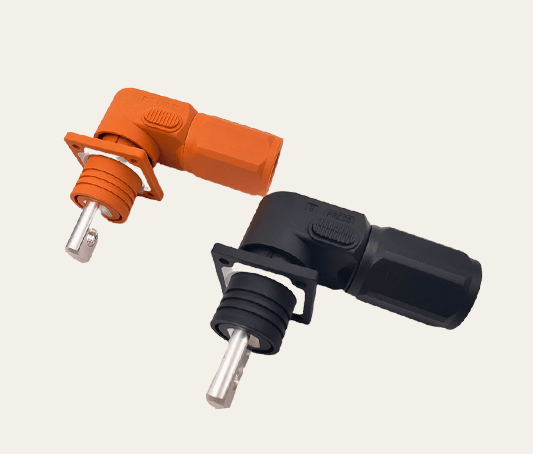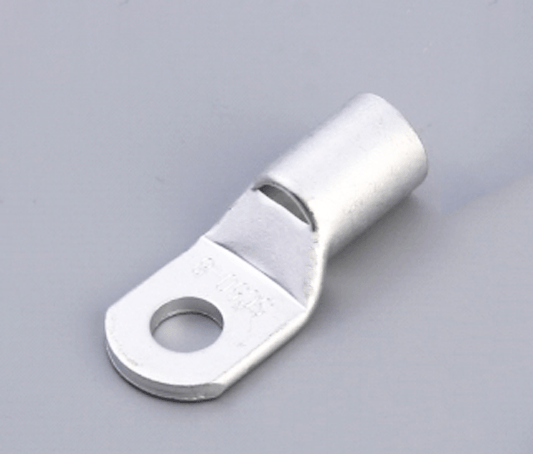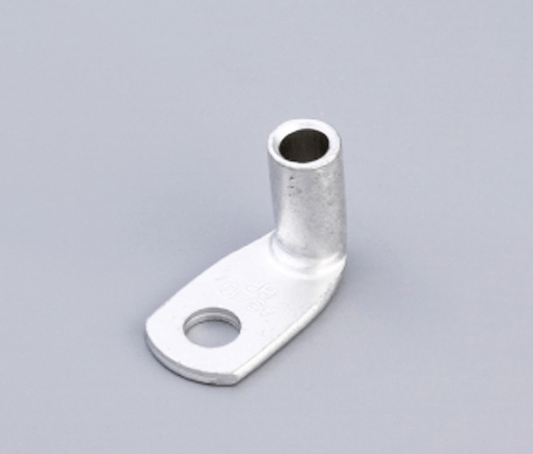Description
Product Structure
- Voltage: 300V
- Rated Temperature: 175℃
- Construction: Flexible copper/Silicone Rubber
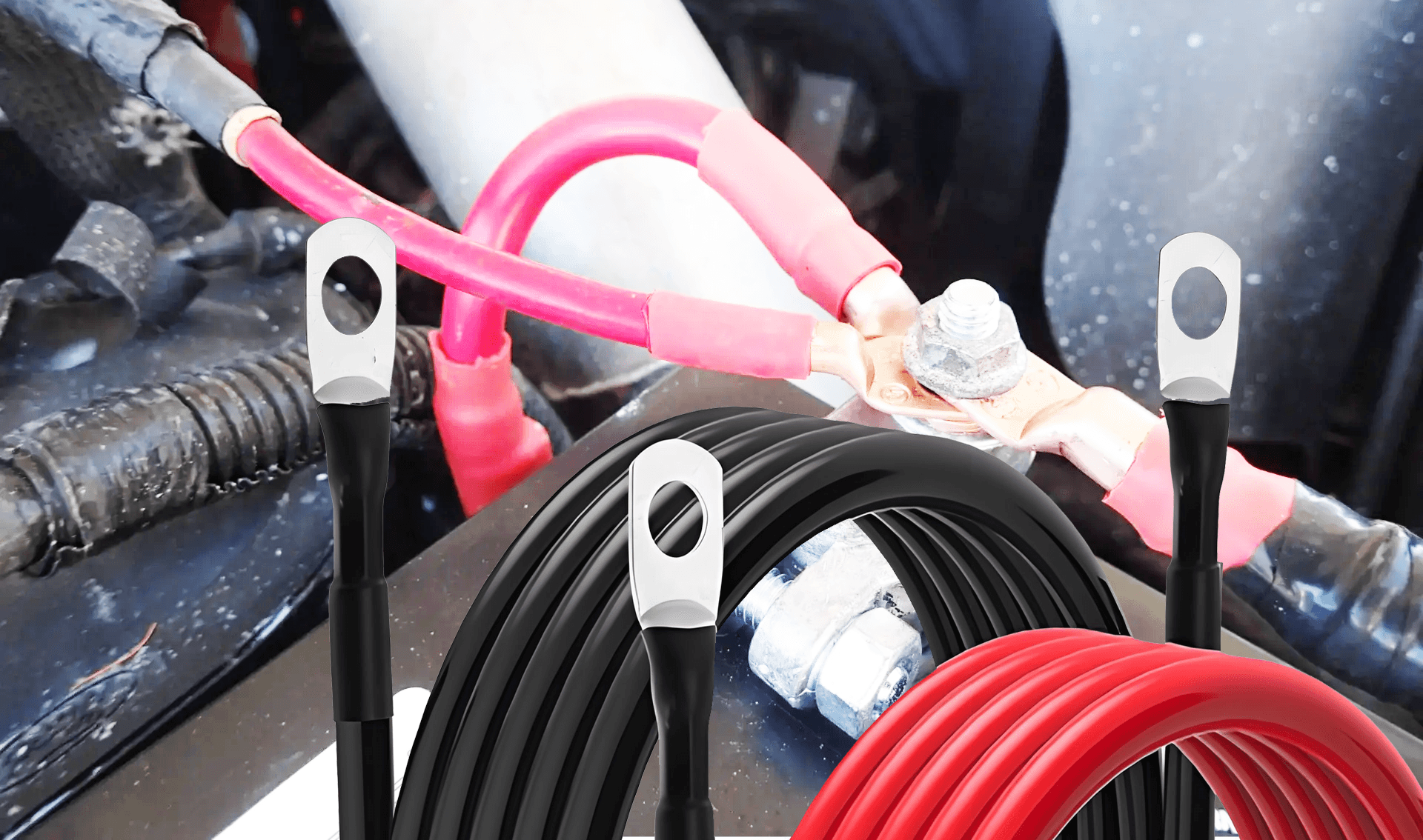
Remarks:
Technical Parameters of Battery Cable
Construction
| Parameter | 35 mm² | 50 mm² | 70 mm² |
|---|---|---|---|
| ▲Conductor | |||
| Material | Stranded Tinned-plated copper | ||
| Cross-section (mm²) | 35 | 50 | 70 |
| Construction | 276/0.40 ±0.008 | 396/0.40 ±0.008 | 557/0.40 ±0.008 |
| OD (mm) | 8.30 | 10.20 | 11.83 |
| Max. Resistance at 20℃ (Ω/km) | 0.538 | 0.375 | 0.264 |
| ▲Insulation | |||
| Cross-section (mm²) | 35 | 50 | 70 |
| Min. Thickness (mm) | 1.04 | 1.20 | 1.20 |
| Average Thickness (mm) | 1.30 | 1.50 | 1.50 |
| OD (mm) | 11.0±0.30 | 13.0±0.30 | 15.20±0.30 |

